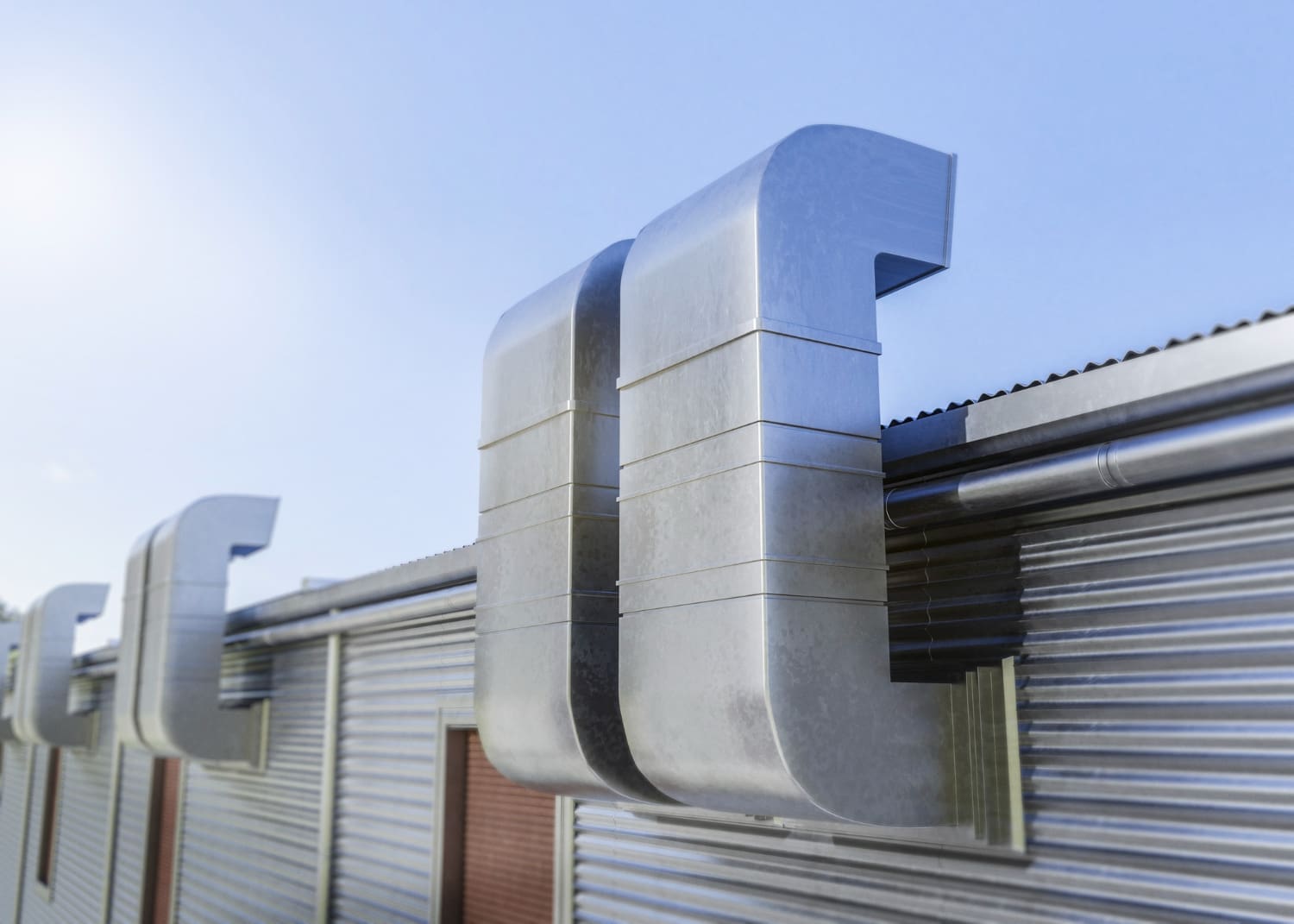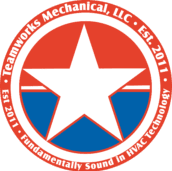Your Guide to Year-Round Comfort and Energy Efficiency
A good HVAC system is key for keeping your home comfy and saving energy. It helps make sure your house stays warm when it's cold outside and cool when it's hot, so you feel nice all year. we'll talk about how to avoid common HVAC problems and keep your system working well. We'll share simple tips to keep you comfy without spending a lot of money. If you take good care of your HVAC system, it can work great, saving you from costly fixes and big energy bills. So, let's learn how to take care of your HVAC system for a cozy, energy-efficient home!
Regular Maintenance
Schedule Professional Maintenance
It's important to take care of your HVAC. Getting it checked by a professional regularly helps it work well and last longer. When an expert looks at your system often, they can find and fix any issues early. This saves you money because you won't have to pay for big repairs later. Plus, it keeps your home comfy for you and your family. In places like Denver, the air can be bad. Keeping your HVAC system in good shape also keeps the air in your home clean. So, it's smart to have pros maintain your system. It means your system will work well for a long time, and you'll feel good knowing your home is cozy and the air is fresh.
Related: Common HVAC Mistakes That Homeowners Should Be Aware Of
Change Air Filters Regularly
It's super important to change air filters often to keep the air clean in your home. When air filters are clean, they let air move around freely. They also stop dust and dirt from building up in your HVAC system. This helps things not get stuck and makes your system work better. It saves energy and lowers your bills. You should change air filters every 1 to 3 months, depending on the type of filter you have and how dirty your home gets. It's easy to do! Just follow the instructions from the manufacturer. You usually just have to find the filter spot, take out the old one, and put in the new one the right way. Changing air filters regularly helps keep your home comfy. It also keeps it healthy for you and your family.
Energy Efficiency
Install A Programmable Thermostat
Putting in a programmable thermostat can help you save energy and stay comfy. With these thermostats, you can plan when to change the temperature. You do this based on your daily routine. For instance, you can make it cooler when you're not around or asleep, and warmer when you're home. This way, you use less energy when you don't need it, which can make your utility bills lower. To use it best, set your thermostat to cooler temps in the winter and warmer ones in the summer when you're not home. Also, try not to make big changes in temperature, as this can make your heating or cooling system work more. Plan your thermostat smartly to keep your home cozy and save money by using less energy. You can have a snug home while spending less money by using less energy with a smart thermostat.
Seal Air Leaks and Insulate
Fixing holes where air gets in and adding insulation help save energy at home. When there are air leaks, warm air can escape in winter, and cool air can escape in summer. This makes your heating and cooling systems have to work harder. You can find leaks near windows, doors, and electrical outlets. To fix them, use caulk or weatherstripping. Insulating your attic, walls, and floors makes your home more comfortable. It also lowers your energy bills. Pick insulation that has a high R-value because it works better. Also, put insulation around hot water pipes and ducts to keep heat from getting lost. If you seal leaks and insulate well, your home will use less energy and you'll save money on your bills.
Indoor Air Quality
Ensure Proper Ventilation
Having good ventilation in your home is super important. Ventilation means making sure there's enough fresh air coming in and the yucky air is going out. You can do this by using fans in places like the kitchen and bathroom. These fans can help get rid of smoke, steam, and other bad stuff in your home. Another option is a whole-house ventilation system. It brings fresh air into your whole house. Good ventilation helps stop mold and mildew in your home and makes you feel better. So, don't forget to keep your home well-ventilated for better air and a comfy place to live.
Clean Vents and Registers
It's super important to keep your vents and registers clean so air can move around your house easily. When they get all dusty and dirty, it's like trying to breathe with a stuffy nose! Your heating and cooling system has to work extra hard, which uses more energy and makes your bills go up. You can keep them clean by using a vacuum with a brush to suck up the dust and dirt. Then, you can wipe the grates with a wet cloth to get rid of anything left behind. Doing this often helps your heating and cooling system work better. It also makes the air in your house cleaner and healthier for you and your family.

System Performance
Balance Airflow
Making sure air moves nicely in a building is super important. It helps keep all the rooms at the same temperature. To see if the air is moving right, start by looking at the vents and feeling the air. If some rooms feel too hot or too cold, it might mean the air isn't moving right. You can fix this by changing airflow dampers. These are things near the vents that you can open or close to control how much air goes into each room. It's good to make small changes and check if all the rooms feel nice. Also, make sure to take care of the HVAC system and keep the vents clean. When you pay attention to how the air flows, you can make your home or office comfy for everyone.
Monitor Humidity Levels
Making sure the air inside is not too wet or too dry is really important for feeling comfy and breathing well. When it's too wet, it feels sticky and not nice. But when it's too dry, things might feel too dry. The right amount of wetness in the air helps stop problems. These problems include mold and breathing troubles. Humidifiers help add wetness when it's too dry, making the air feel better. Dehumidifiers remove extra moisture to prevent mold. They help keep things dry and clean. We check how much water is in the air often. This lets us adjust it to be right for feeling good and staying healthy. Humidifiers add moisture to dry air, making it more comfortable for us. Dehumidifiers take away extra moisture, making the air good for our families. If it's too humid, they help by making it just right.
Inspection and Maintenance
Inspect Ductwork
Inspecting your ductwork is crucial to ensure it works well. Leaks or damage can waste energy and money. You can check for issues by feeling for air leaks around joints. If you find any, seal them with duct tape. Also, look for visible damage like dents or tears. These can affect airflow. Use a flashlight to inspect ducts in dark areas. Make sure to inspect ducts regularly, especially before extreme weather seasons. It's important to keep your HVAC system running efficiently. If you're unsure about repairs, consult a professional. They can help fix any issues and ensure your system works effectively. By maintaining your ductwork, you can save on energy bills and keep your home comfortable.
Schedule Professional Inspections
Getting a check-up for your heating and cooling system every year is super important. It helps keep everything running smoothly and saves you money on energy. When a pro checks your HVAC, they look at filters, pipes, and wires to make sure they work. They make sure everything's okay! They also clean and oil things if needed. This helps your system last longer and stops it from breaking. If they see anything that's starting to wear out or looks broken, they'll fix it before it gets worse. They also make sure the air is flowing properly and that your home stays at the right temperature. By getting these check-ups regularly, you can avoid big repair bills and stay comfy all year round.
Related: How Much It Cost To Install HVAC System In Home?
Mastering HVAC Maintenance for a Cozy Home and Healthy Wallet
You must avoid common HVAC pitfalls. They are key to keeping your home comfy and efficient. Regular maintenance and attention to detail are key. Take care of your HVAC to enjoy long-term benefits. Good upkeep improves indoor air quality Denver. It also saves money in the long term. Remember, small efforts now can lead to significant comfort and savings later on. So, don't overlook the importance of routine maintenance and attention to detail. Your comfort and wallet will thank you for it!




















